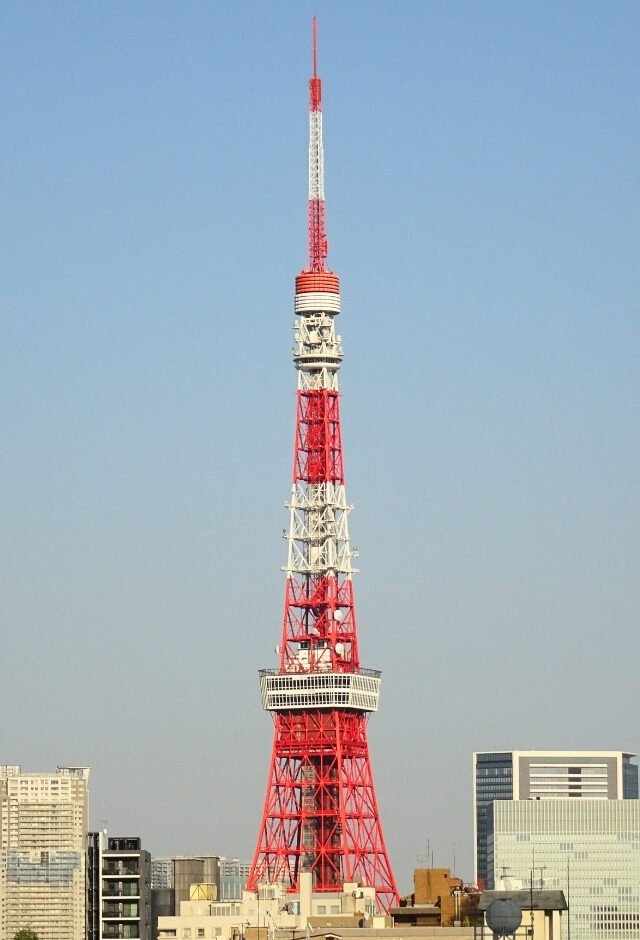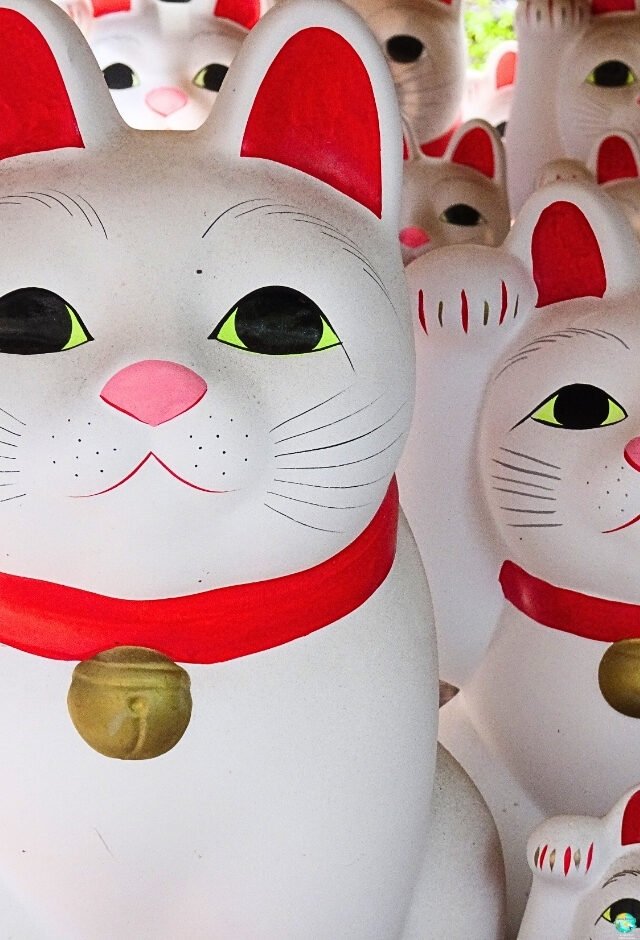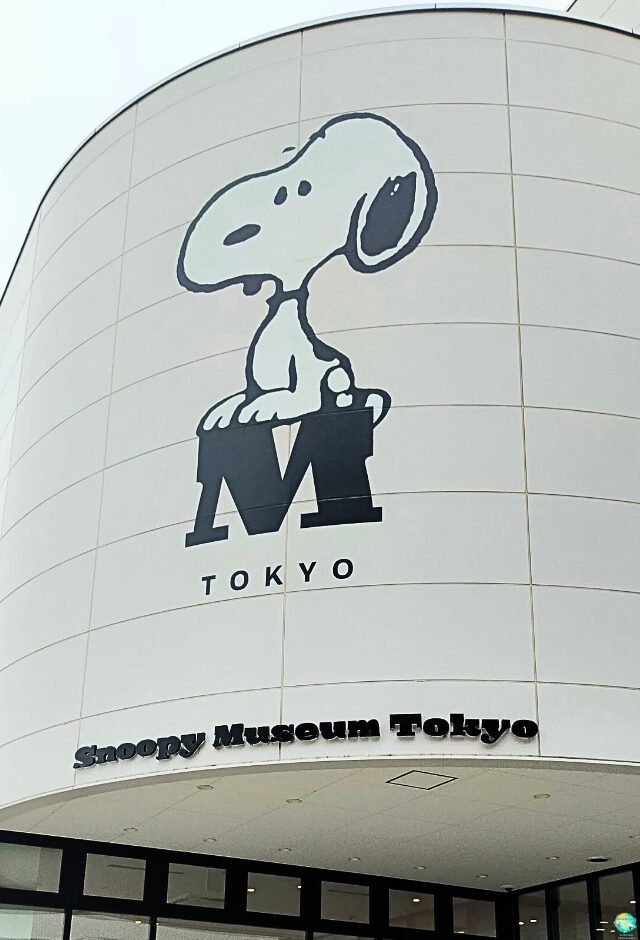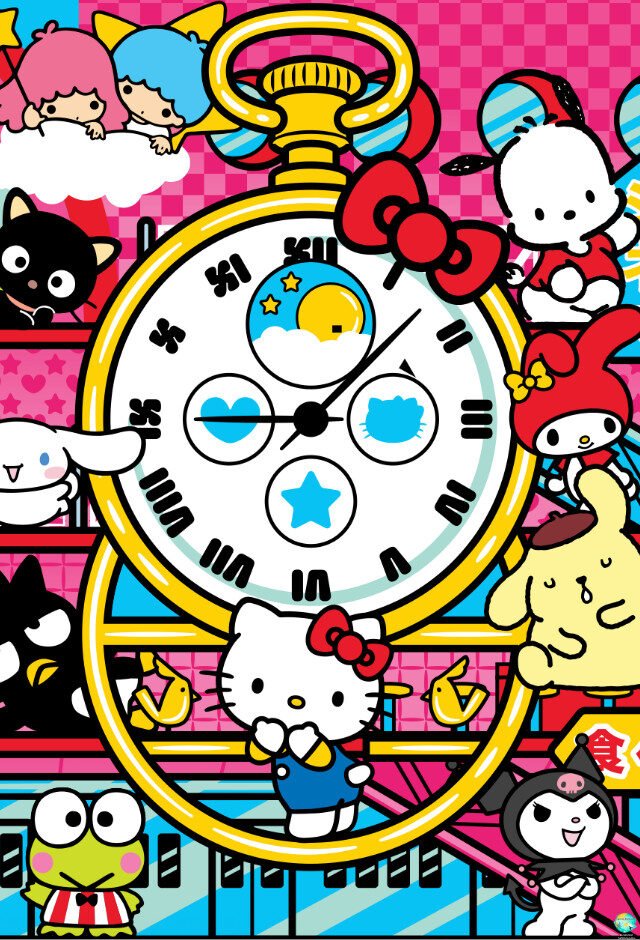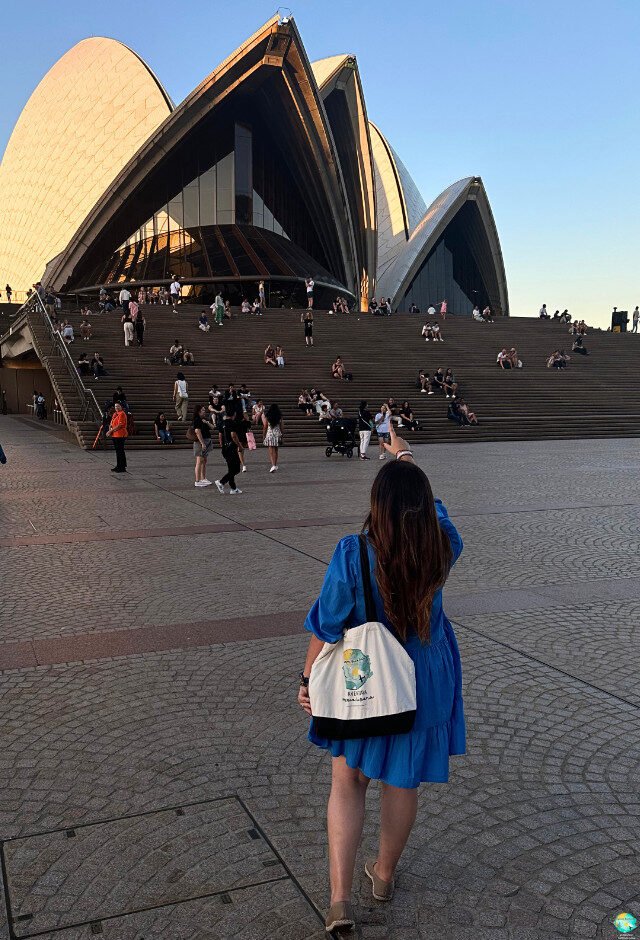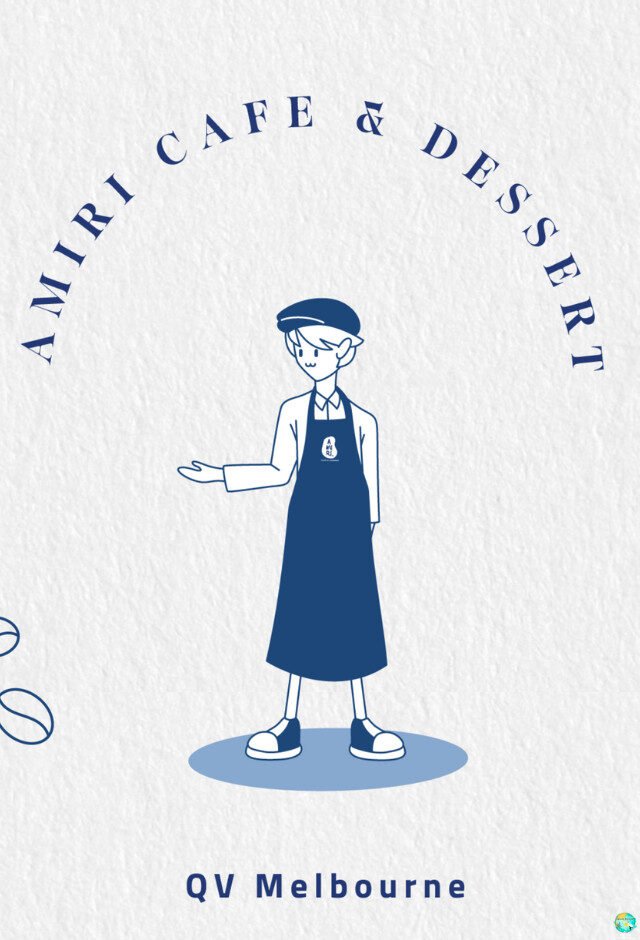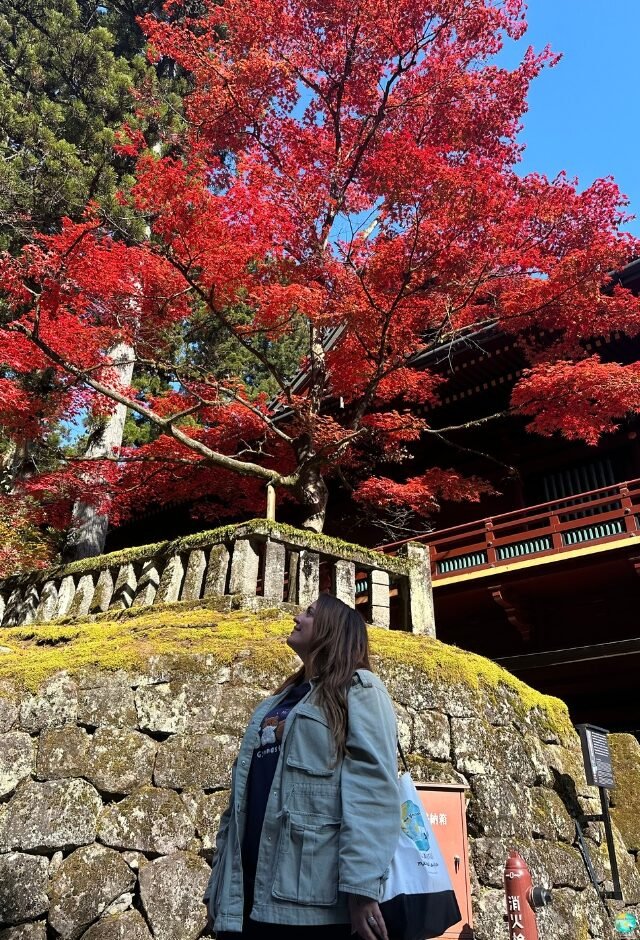Valentine's Day in Japan is very popular!
Valentine's Day (Sweetheart) Gifting in Japan is a unique experience that combines Western traditions with a distinctive Japanese touch. From chocolate to flowers, there are even different types of chocolate depending on who you are giving it to.
But why is this celebration so popular there? And what are the key differences between our tradition and the Japanese one on this special day? We tell you all about it in this post!
🗼 Don't miss the rest of the posts about Japan:
- How to Organize a Trip to Japan
- Requirements for traveling to Japan in 2023
- How to get from Narita Airport to Tokyo
- How does transportation work in Tokyo?
- How to get to Osaka from Kansai Airport
- Travel to Tokyo
- Travel to Kyoto
- Travel to Osaka
- Gotokuji Temple, Tokyo's Cat Temple
- Pikachu Sweets by Pokemon Cafe in Ikebukuro – Tokyo
- Kirby Cafe in Tokyo
- Pompompurin Cafe in Harajuku
- Donguri – The official Ghibli stores
How did the tradition of Valentine's Day begin in Japan?
In Japan, Valentine's Day has not always been celebrated and, in fact, the celebration in this country has no relation to the Christian martyr after whom it was named, nor does it have religious connotations.
The history of Valentine's Day in Japan dates back to the 1950s, much later than in the West. This is because many confectioneries and department stores started campaigns around that time. Their main target audience was women who wanted to buy chocolate for their husbands and boyfriends.

Since it was confectioners who led Valentine's Day campaigns in Japan, chocolate became the main symbol of Valentine's Day instead of flowers and jewelry.
What's special about Valentine's Day in Japan?
While in the Western world, Valentine's Day is mostly focused on couples or romantic interests, here, women don't limit themselves to expressing their affection only towards their partners, but have a custom of gifting chocolate to all the significant men in their lives, ranging from their fathers and brothers to their close friends and co-workers.
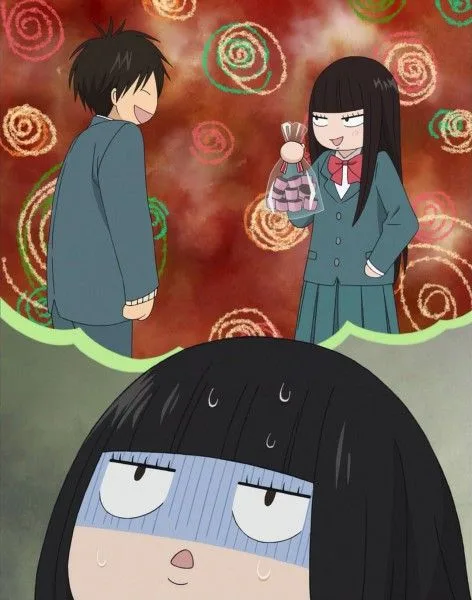
I love animes where the main character makes chocolates to give to the boy she likes and then doesn't dare to give them to him 🫶🏼
But beware, Japanese men are not exempt from giving gifts on Valentine's Day. It turns out that March 14 is White Day, something like Valentine's Day for girls. And on this occasion, it is they who have to "return the favor" and give gifts to women, although this time, a simple chocolate will not do, it is expected that the gift will be of greater value than the chocolate received on Valentine's Day.
Types of Valentine's Day chocolate in Japan
If you find yourself in Japan and receive chocolate, or if you have Japanese friends who offer it to you, be careful not to automatically assume that your kind Japanese friend has a romantic interest in you. This is because there are several types of chocolate, each intended for a specific relationship with the person giving it:
Honmei-choco (本命チョコ) or favorite chocolate
If someone is interested in you (there are romantic feelings) you are given “honmei choco”! The name translates to “true feelings chocolate”. Therefore, it is the special chocolate reserved for the loved one, representing the true feelings of love and admiration.

Giri-choko (義理チョコ) or obligatory chocolate
It refers to the complimentary or obligatory chocolates given to friends, colleagues, and superiors at work. Although the translation of the term “Giri-choco,” is “obligatory chocolate,” it is not as sweet as it sounds, but this is done as a sign of respect for the relationship, no matter how weak the ties may be.

Tomo-choko (友チョコ) or friendship chocolate
Lastly, there’s “tomo choco” (友チョコ)! It comes from the first part of the word for “friend” in Japanese – 友達 is read as “tomodachi.” Women give chocolate to their friends, and men return the favor to their female friends on White Day!
Celebrating a Geek Valentine's Day in Japan
As you can see, Valentine's Day in Japan is much more than just a celebration of romantic love; it is an occasion to express appreciation, gratitude and friendship towards loved ones. So next time February 14th comes around, take a moment to enjoy and appreciate this beautiful Japanese tradition of love and friendship. Happy Valentine's Day!
We hope this information is useful to you.
If you have any questions, please feel free to leave us a comment or email us at info@experienceyourdream.com.au
In addition, we invite you to subscribe to our blog to keep you up to date with all the news follow us on our social networks.












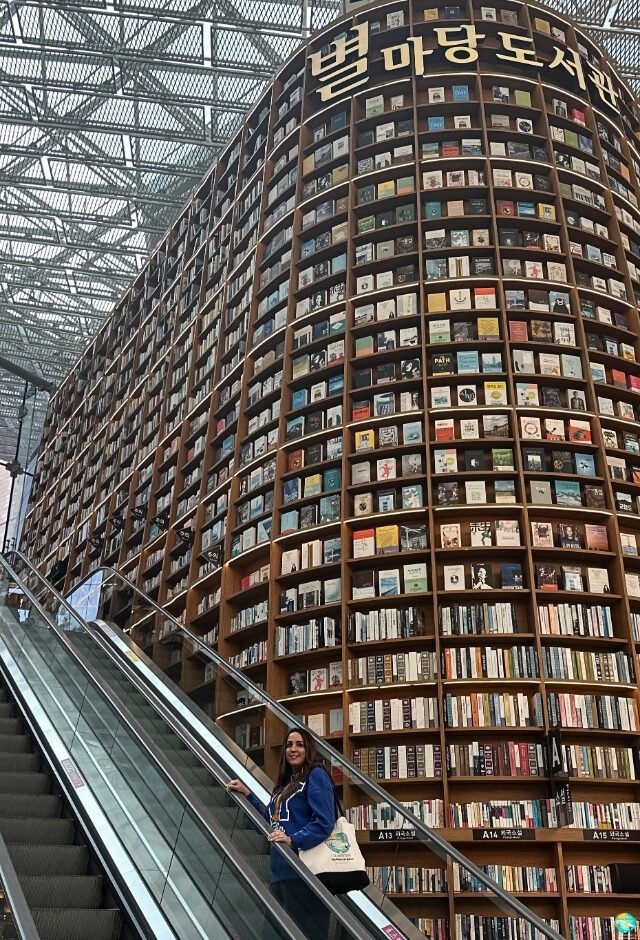













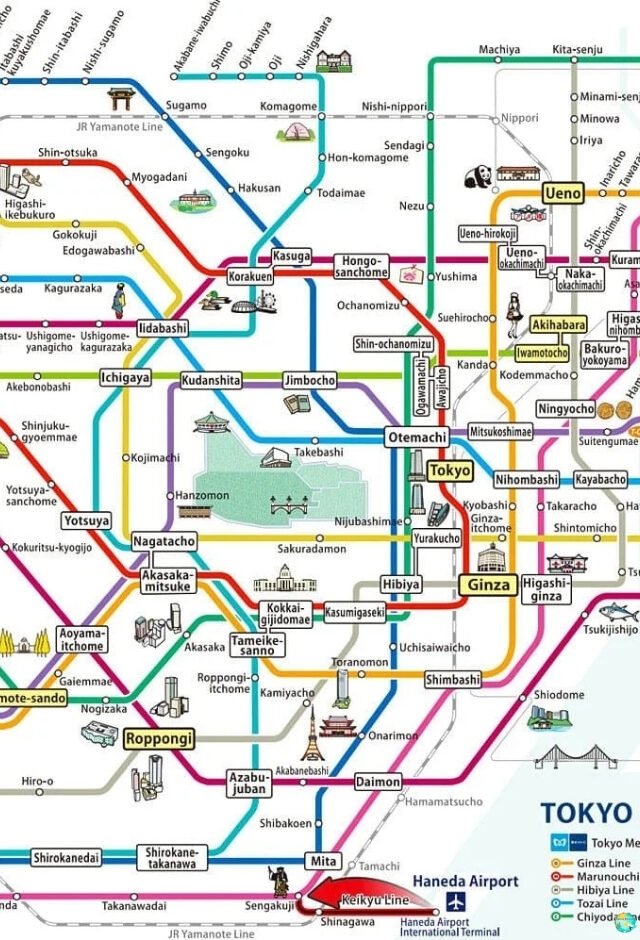
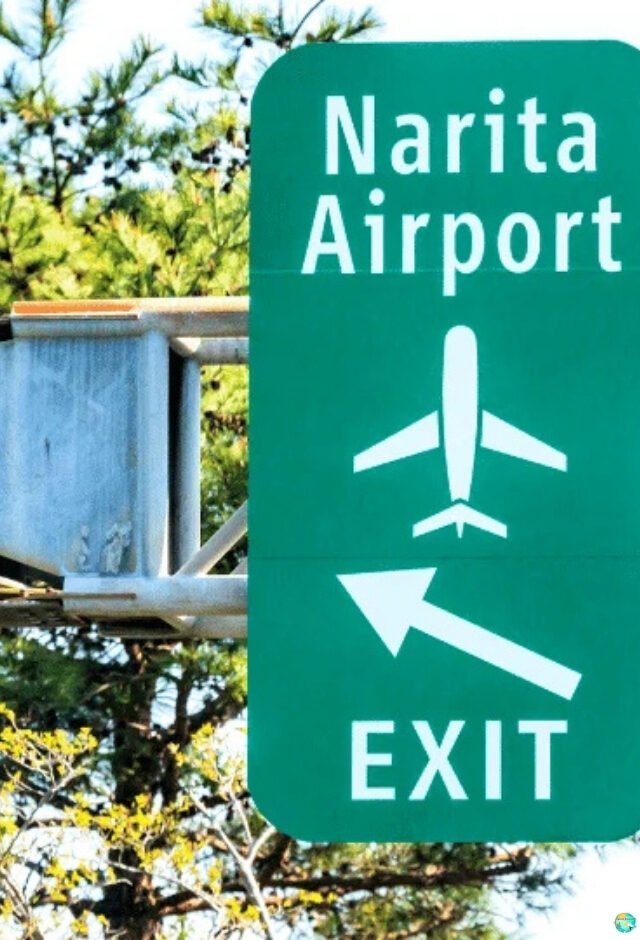


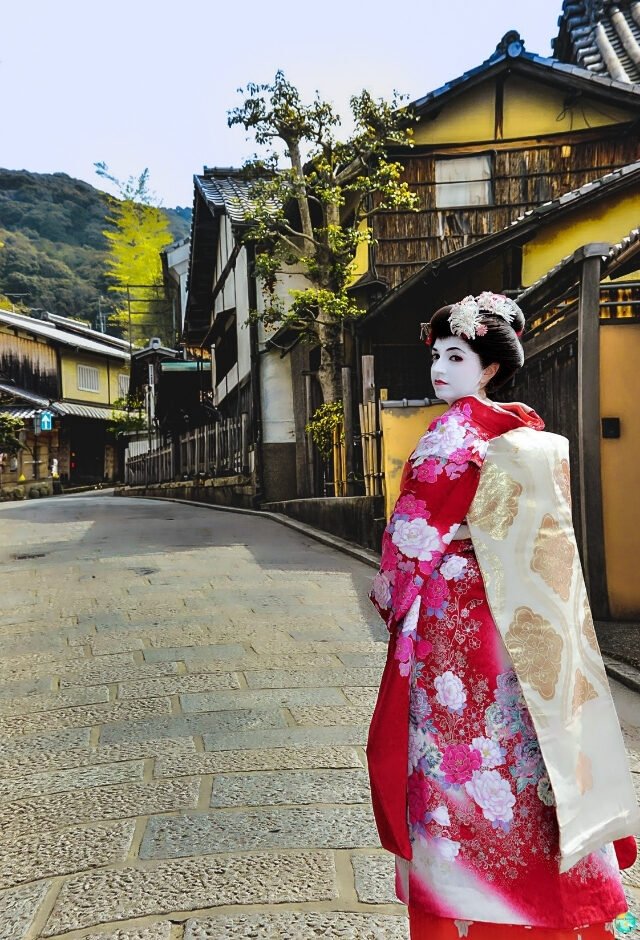

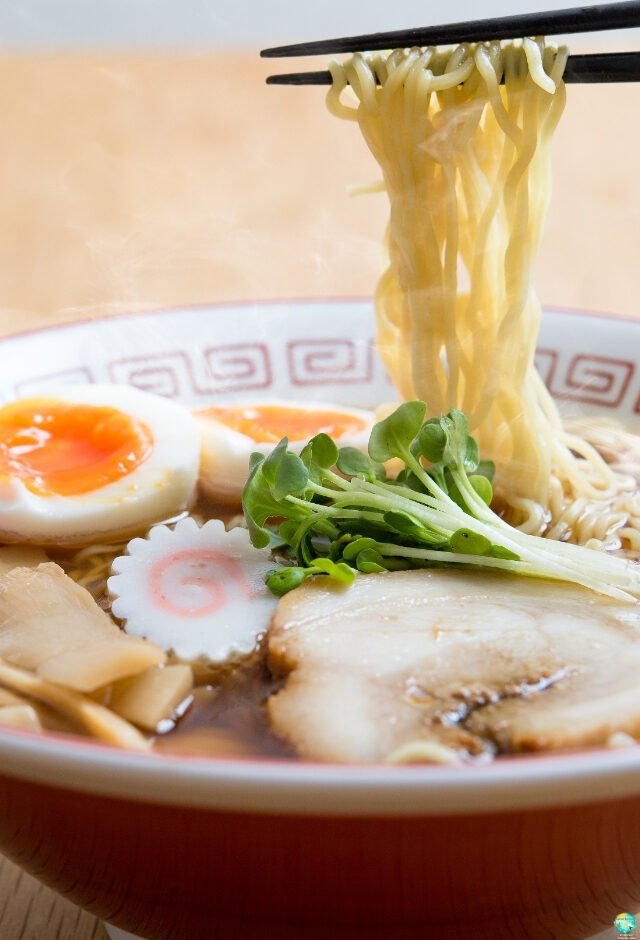
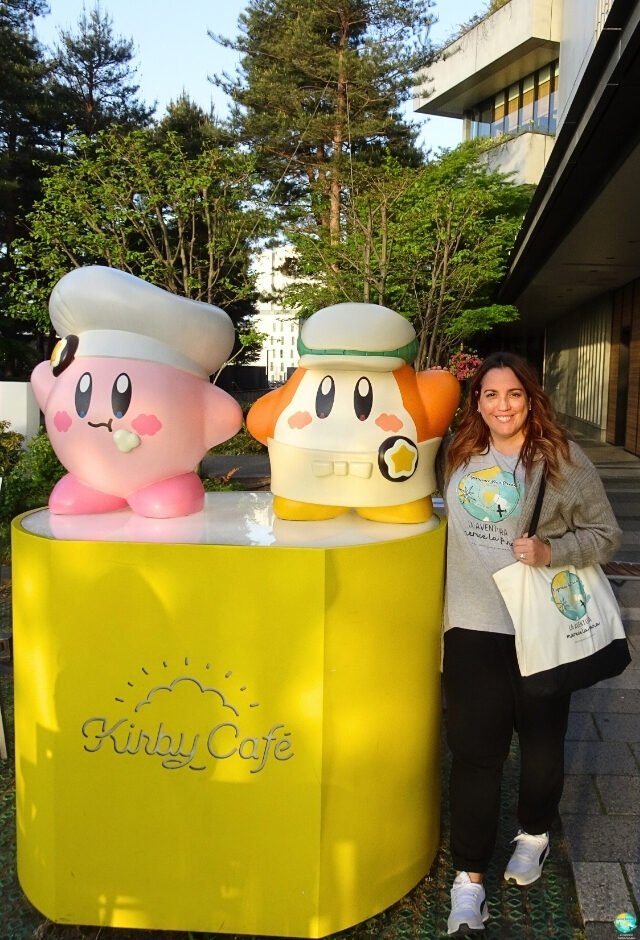



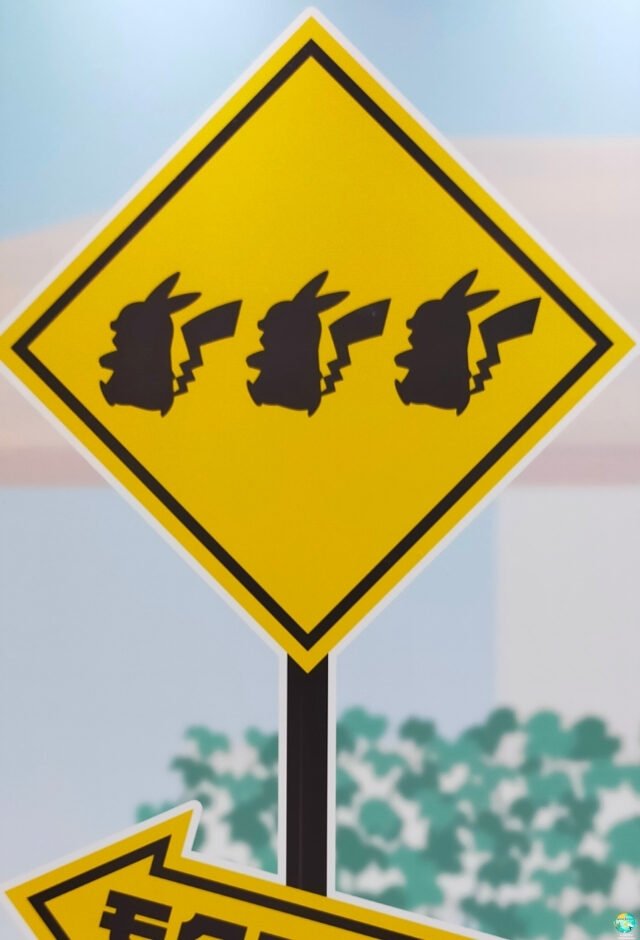
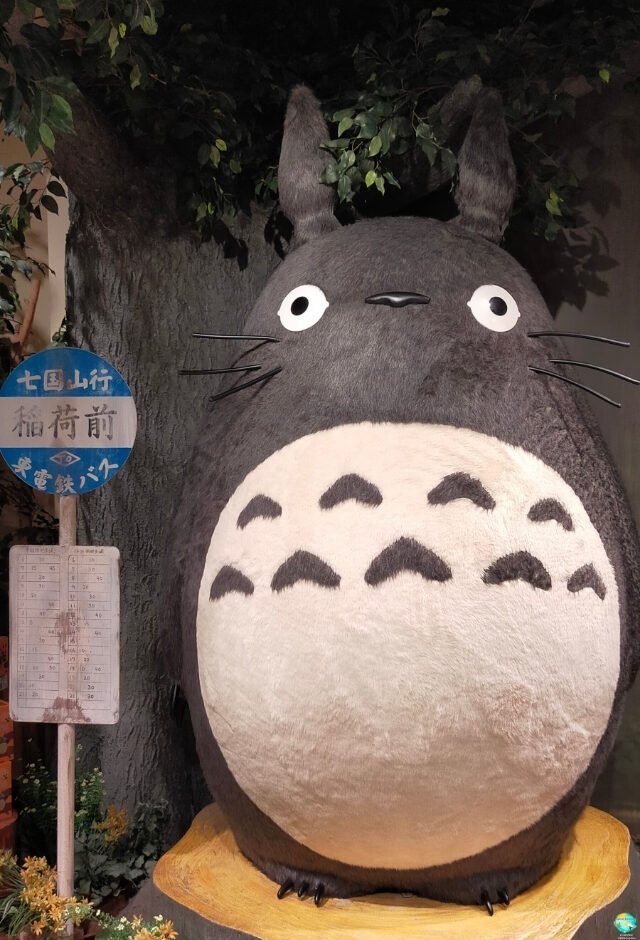

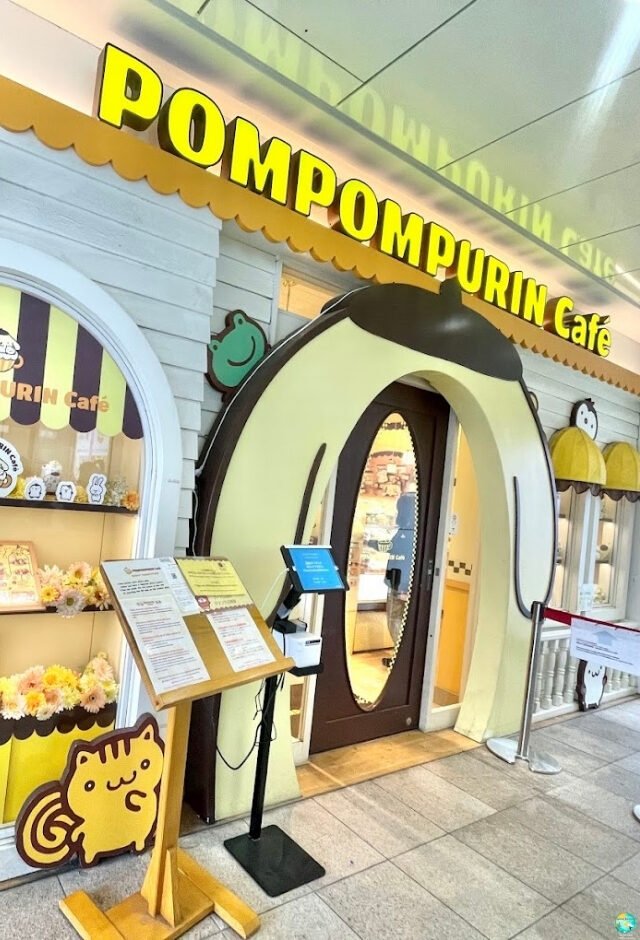





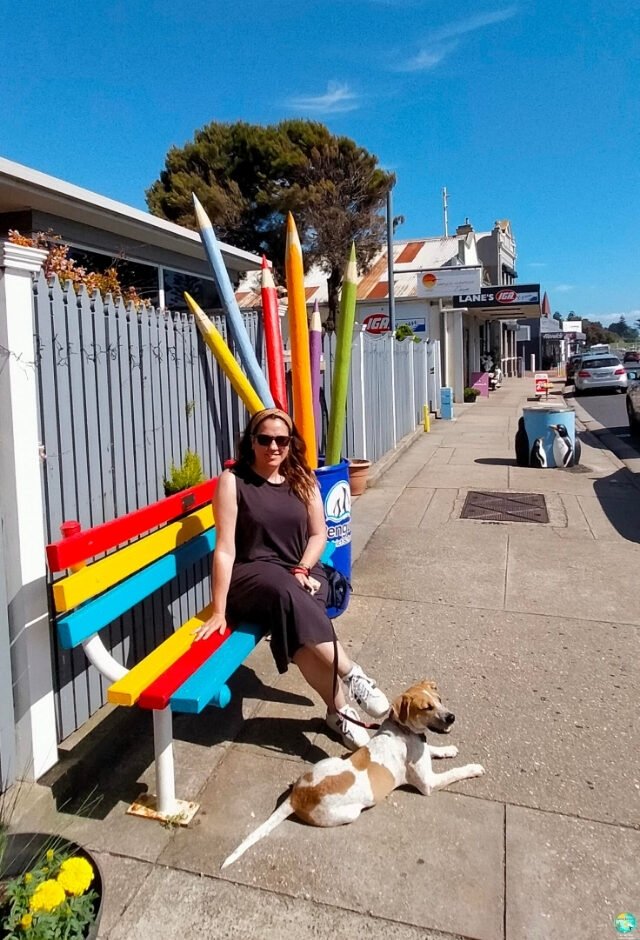

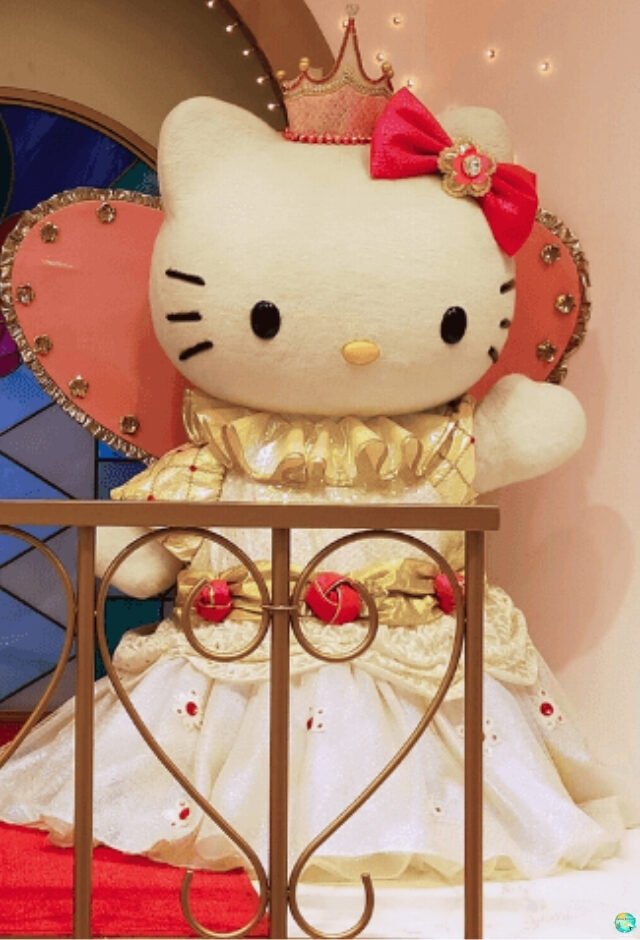


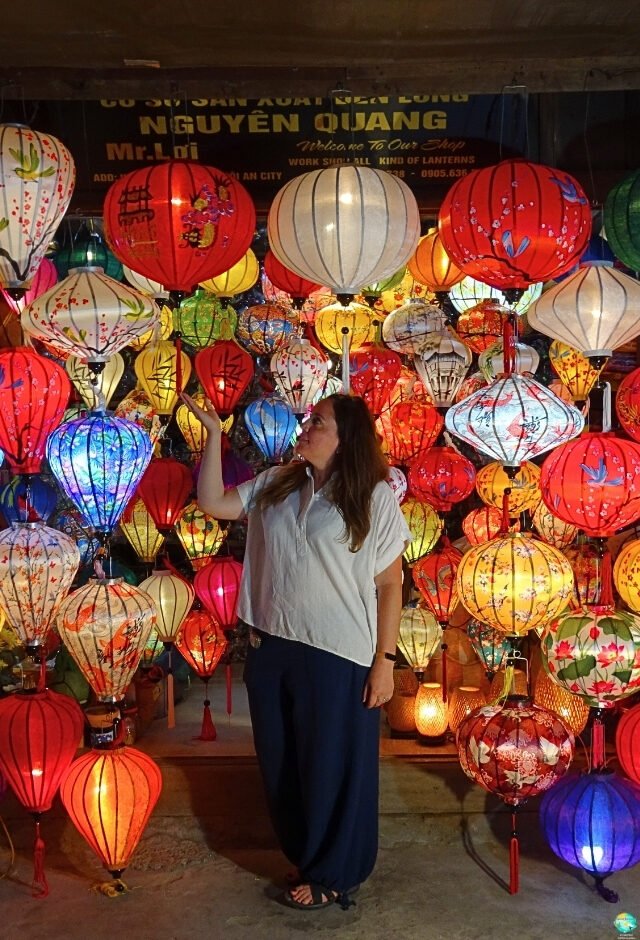

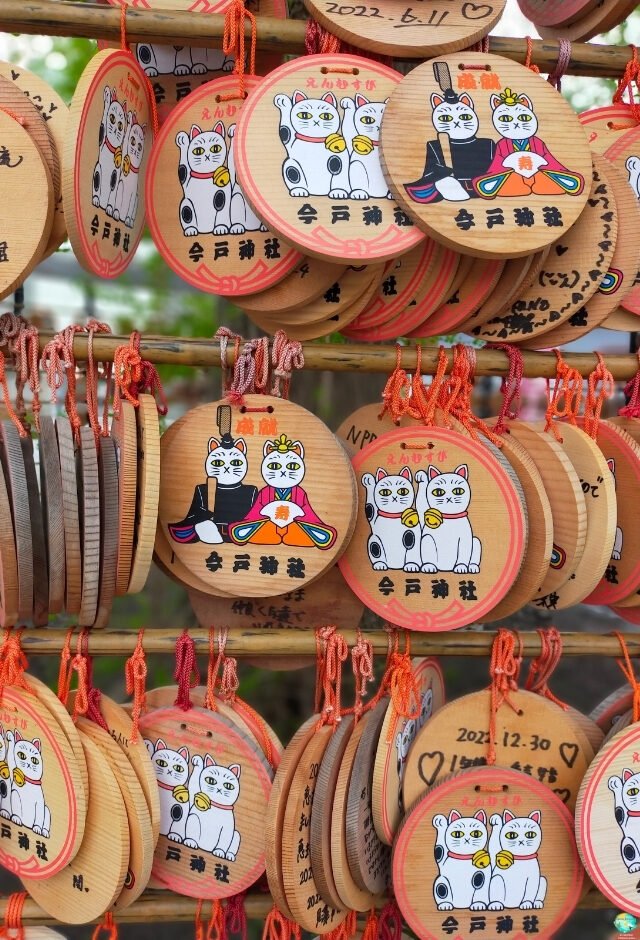
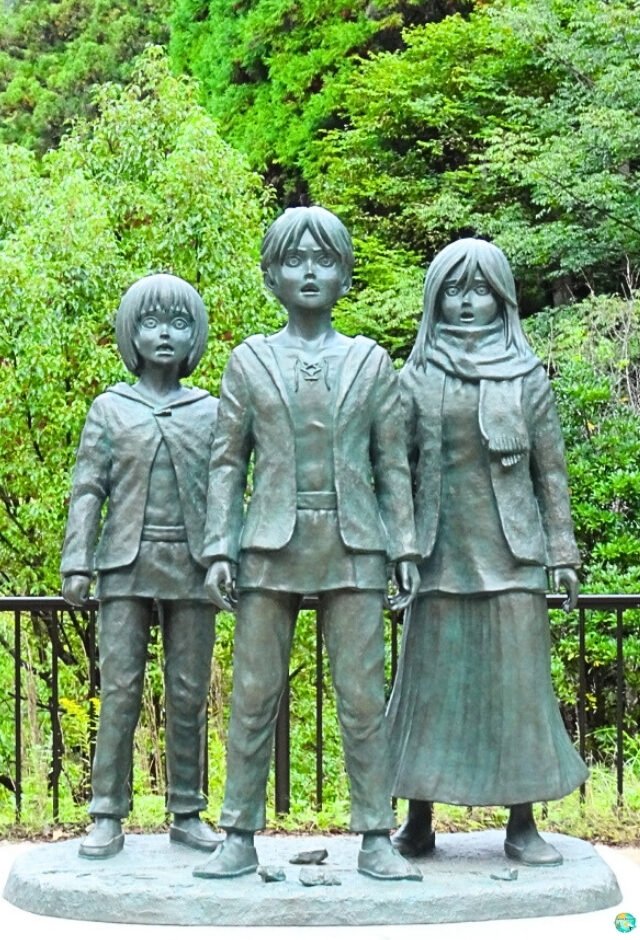

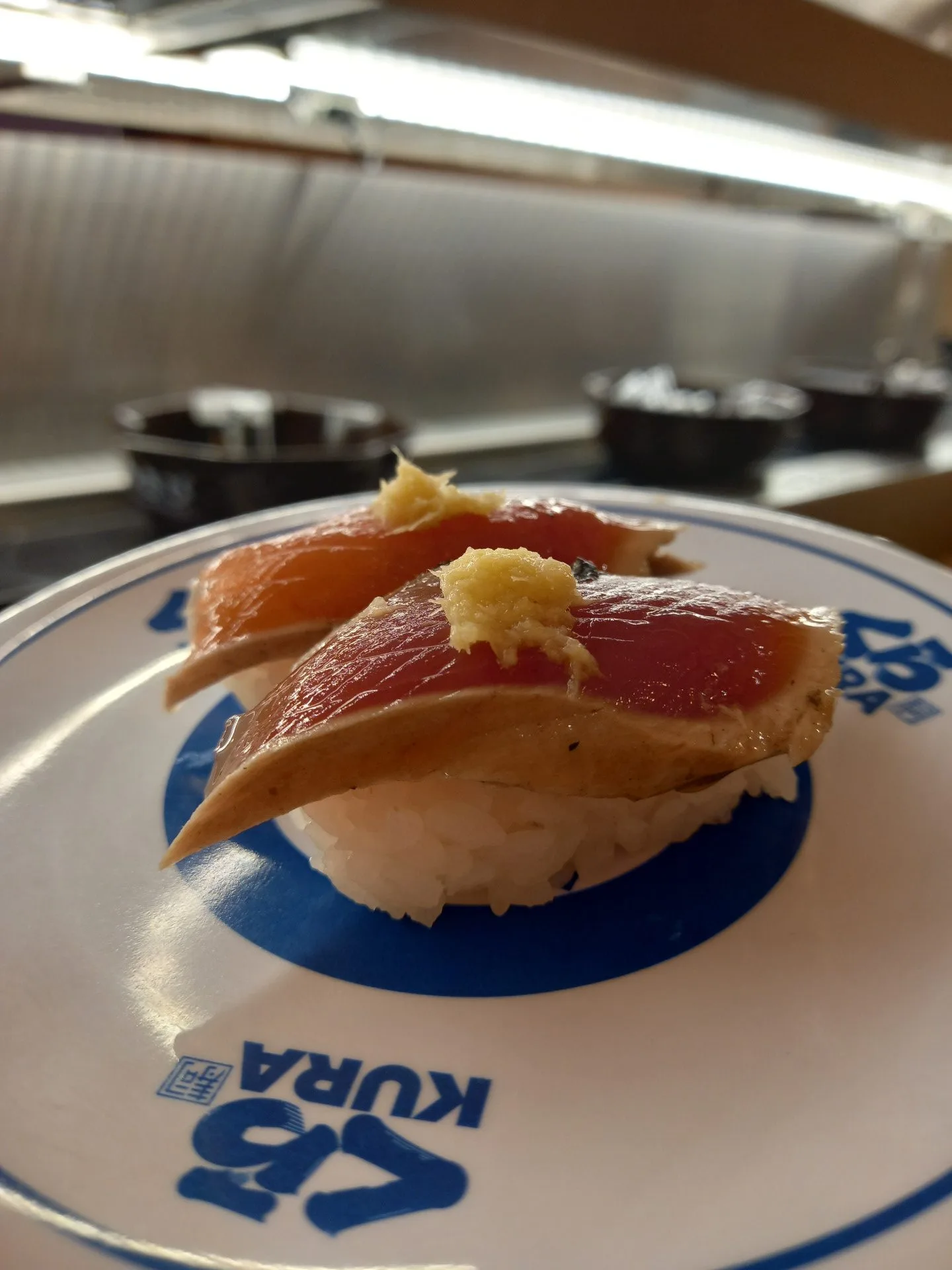


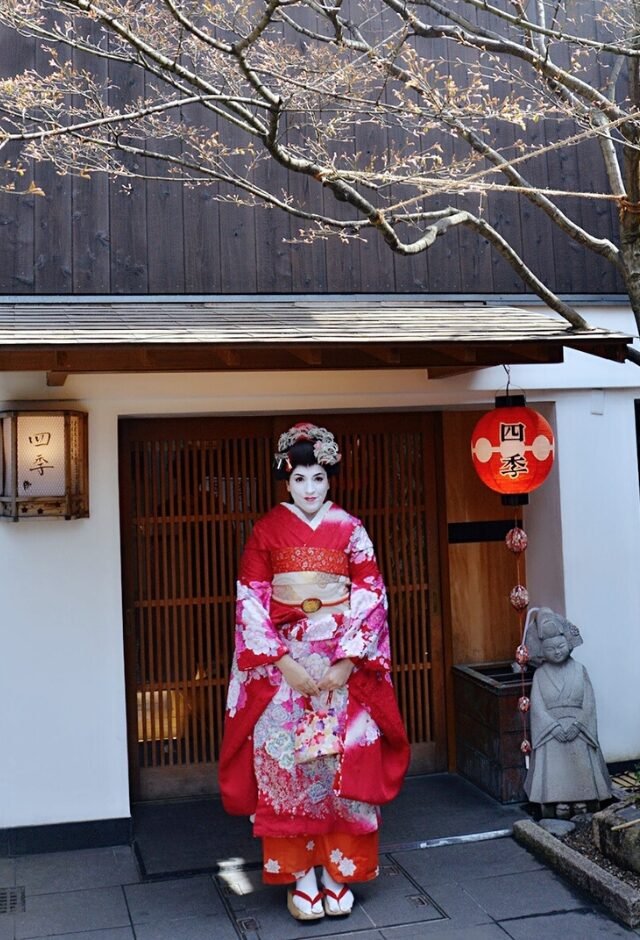


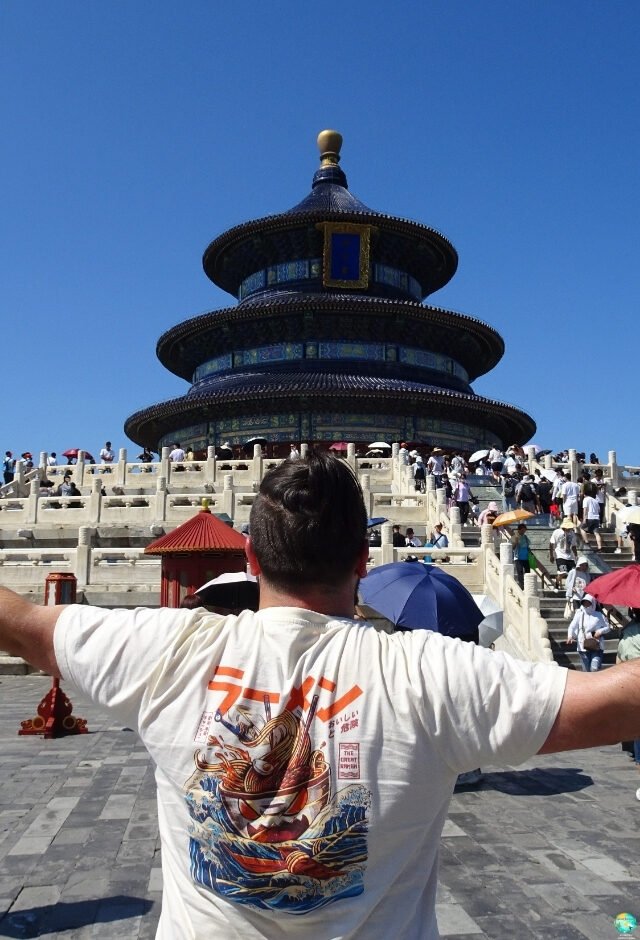

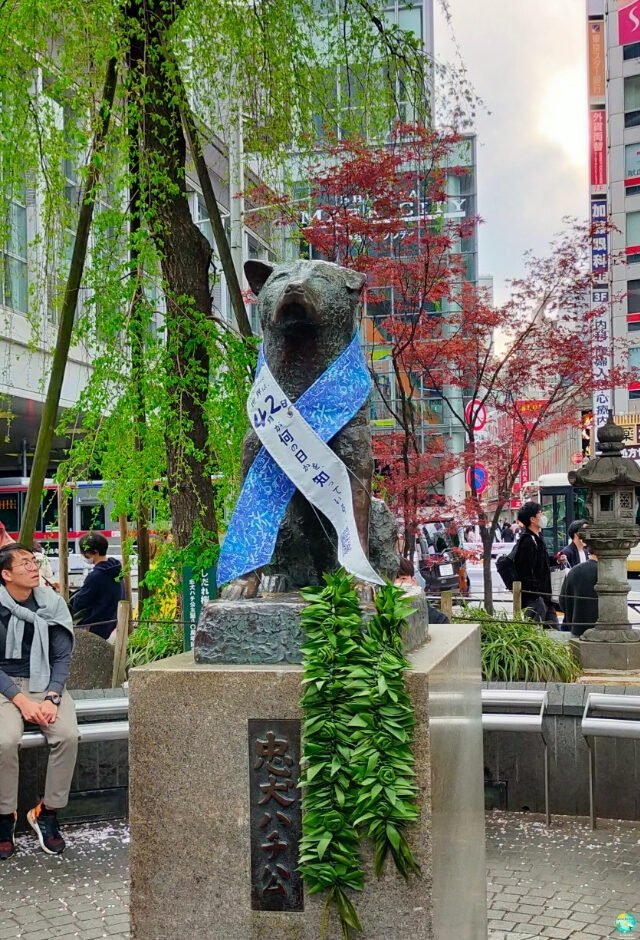
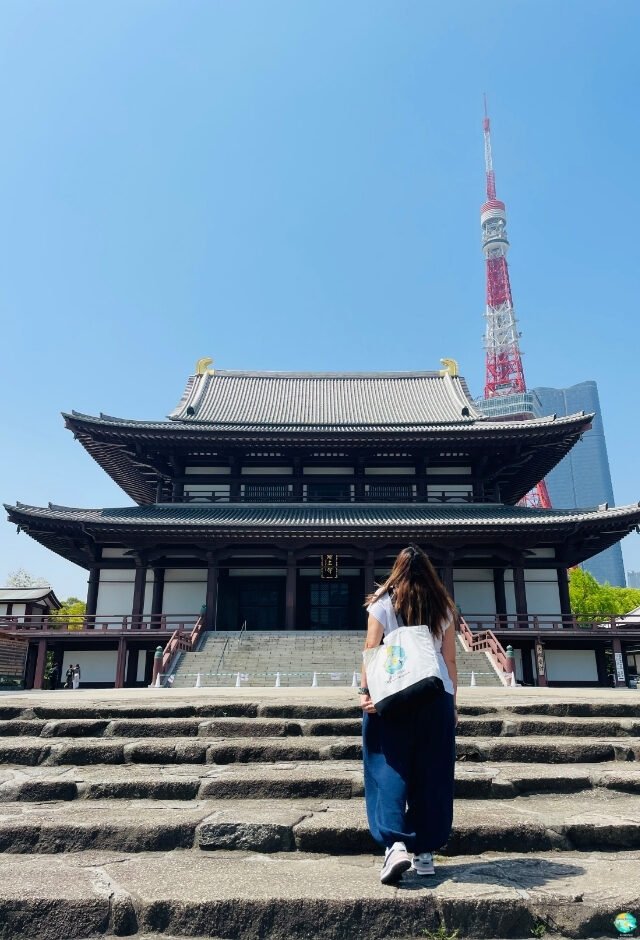
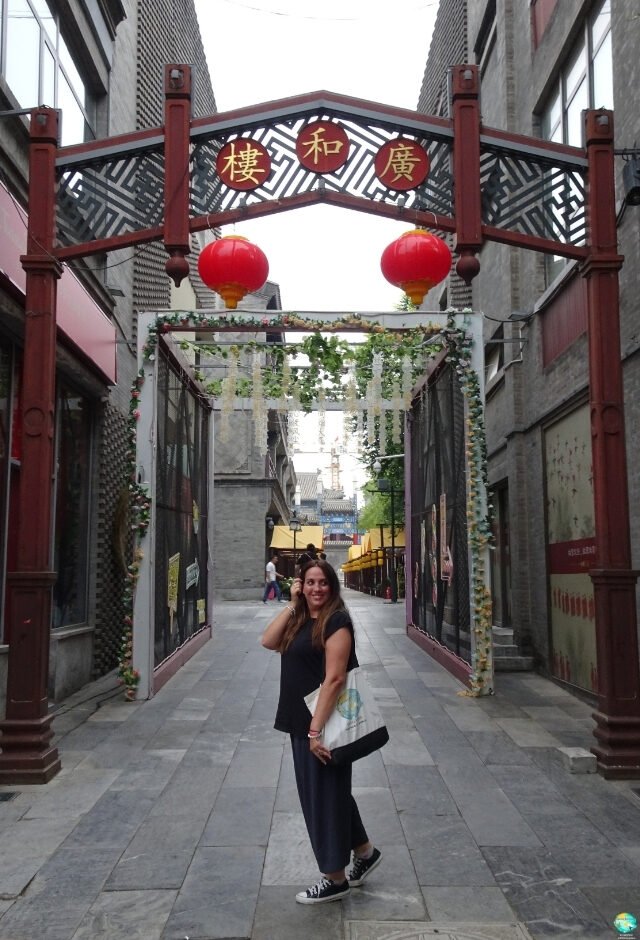
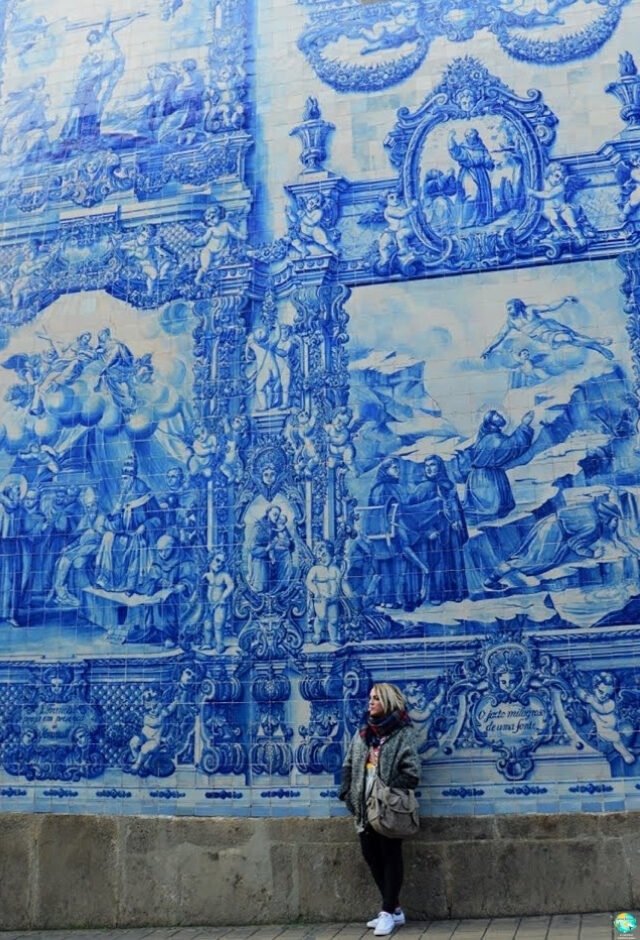

![Blog List Image ✈️ CÓMO ORGANIZAR UN VIAJE A NUEVA ZELANDA [ACTUALIZADO 2025]](https://experienceyourdream.com.au/wp-content/uploads/2025/06/Blog-List-Image-✈️-COMO-ORGANIZAR-UN-VIAJE-A-NUEVA-ZELANDA-ACTUALIZADO-2025.jpg)

